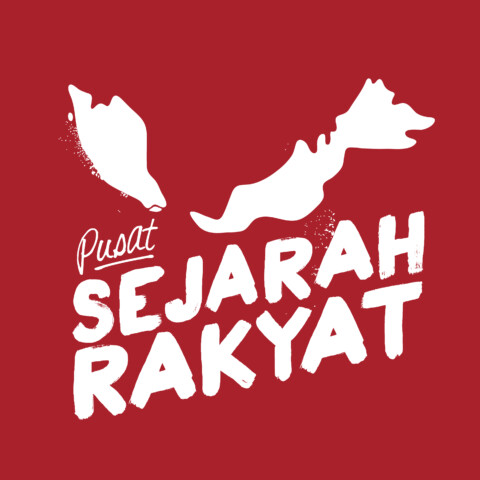Date: 30th November 2021 (Tuesday)
Time: 8:30pm
Platform: Zoom
Discussion Abstract:
This presentation presents the opportunity to think broadly about how memories are made amidst the politics and culture of remembering. I will draw on my fieldwork among Batek and Penan hunter-gatherers, with a glance towards Cambodia in exploring and articulating certain conceptual and methodological problems in memory studies.
I examine landscapes as routes to remembrance. My emphasis is on remembering—an active, ongoing process. I want to highlight mnemonic practices that seem to me often excluded from memory discourses. The closest term for what I have in mind is “vernacular memory”—the forms of memory that are derived from first-hand
experience in small-scale communities. The people I am concerned with may have little or no emotional investment in national memories. Their memories are often unregarded and discarded by broader society.
Among many problems, we contend with powerful exclusionary practices, including silencing: “By silence, I mean an active and transitive process: one ‘silences’ a fact or an individual as a silencer silences a gun. One engages in the practice of silencing. Mentions and silences are thus active, dialectical counterparts of which history is the synthesis” (Michel-Rolph Trouillot).
Speaker:
Dr Lye Tuck-Po is an environmental and visual anthropologist at Universiti Sains Malaysia and long-term (28 years) student of the Batek (Orang Asli) of Pahang. Currently she is working with them on ethnoprimatology and acoustic knowledge, primarily of gibbons. Her most recent publication was “Tracking with Batek Hunter-Gatherers of Malaysia” (2021). She is the author of the monograph Changing pathways: Forest degradation and the Batek of Pahang, Malaysia (2004). Her interests in memory stem from the conviction that alternative (vernacular) ways of knowing are often discounted or denied. Her photography work can be found at: https://www.instagram.com/tplye/
